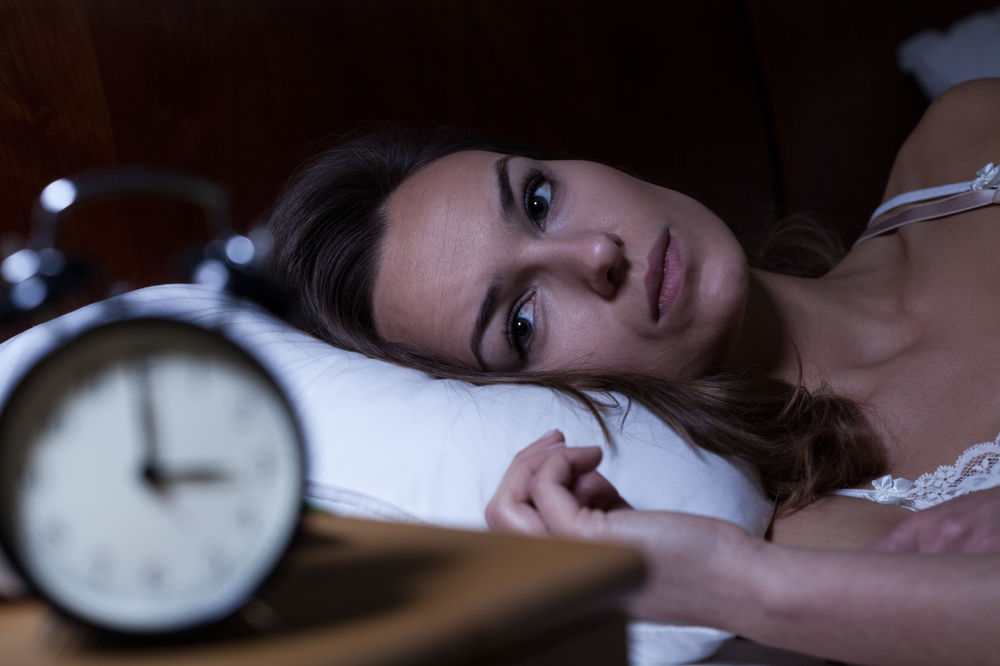Good sleep is an essential part of a healthy, happy life.Unfortunately for a lot of people, any sleep (let along the ‘good’ variety) can be hard to come by.This is actually more true for women than it is for men; more women suffer from sleep disorders than men and are more likely to have difficulty falling and staying asleep.This is important to recognize, because to be able to get the best sleep possible, you need to know how the various factors surrounding sleep affect you personally.In this article, we are going to look at the way three key sleep disorders impact women in particular, as well as suggest some tips for how you can be getting the best sleep you possibly can.
- INSOMNIA
Insomnia is the most common sleep disorder, and one that affects women significantly more than men. This sleeplessness can sometimes begin as a side-effect of a hormonal change (like menstruation or pregnancy) which then becomes difficult to stop.Lifestyle changes like morning exercise and a healthy diet can go a long way to improving this.
- NARCOLEPSY
If you feel sleepy during the day, it could just mean you should be getting more sleep than you currently are. Or it could be a symptom of a more serious disorder like narcolepsy.If you’re experiencing excessive daytime sleepiness, and sleeping more isn’t doing much to help, then speak to your doctor. This is especially true if you’re pregnant or planning to have a child.
- NS-RED (NOCTURNAL SLEEP-RELATED EATING DISORDER)
NS-RED is a form of sleep-walking where the individual eats food while they are asleep. Two thirds of those suffering from this disorder are women.NS-RED is usually a symptom of another sleep disorder like sleep apnea or restless legs syndrome, or a side effect of some sleep medication. Because of this the best way to treat the disorder is by managing your overall sleep health well.While good sleep may seem elusive, the steps to take in order to improve your nightly rest can be relatively simple.Here are five things you can be doing to improve your sleep.
- Go to sleep and wake up at the same time every day
- Make sure your bedroom is dark, quiet and cool
- Don’t use the bedroom for anything other than sleep and sex
- Don’t eat or exercise in the few hours before bedtime
- Avoid alcohol just before bed
However, while the steps to good sleep are quite easy, that doesn’t mean they’re guaranteed to work. As we saw above with the various sleep disorders, sometimes terrible sleep is a result of more than just bad habits.If you’re struggling to get the sleep you need, seeing the way it’s bringing down your quality of life, and you’re not sure what to do about it, then please chat to your GP and get in touch with us.We’d love to be able to help, and ensure you’re getting the best sleep possible.Sleep well, live well.



